AI Tools, Games, Freelancing: ID Links 2/14/23
Experiencing eLearning
FEBRUARY 14, 2023
I like the differentiation here between “informational resources” and “educational resources.” ” Instructional designers will have easy access to basic informational resources through AI, so they can spend more time creating practice and feedback to create better learning experiences.

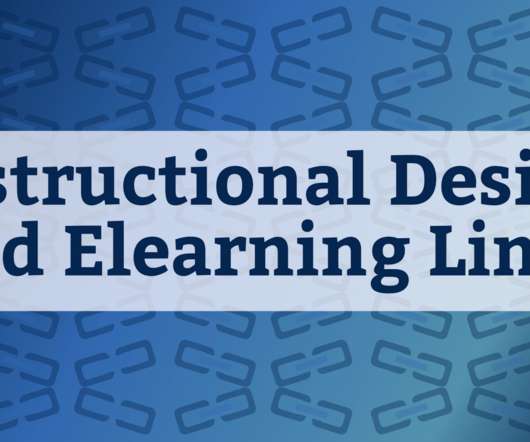






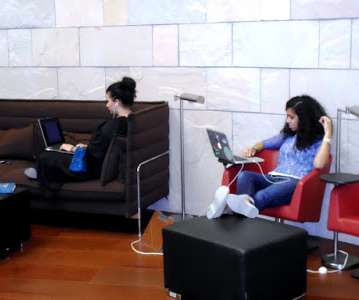





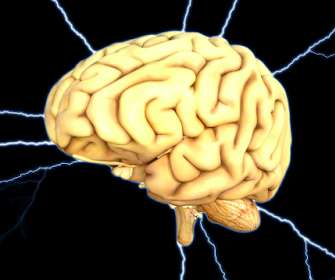




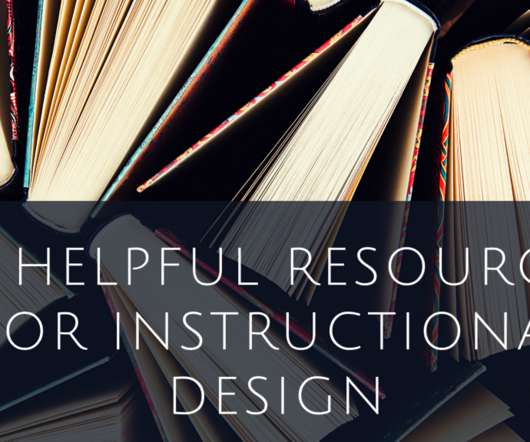








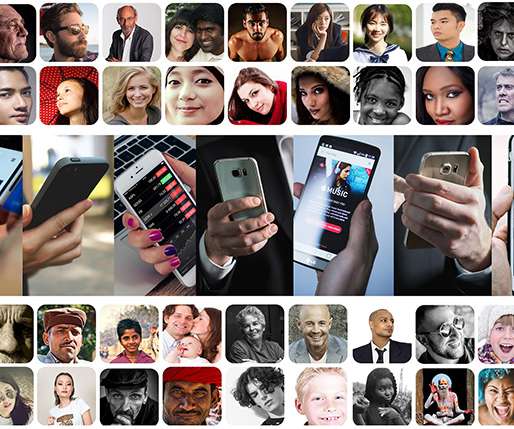


















Let's personalize your content